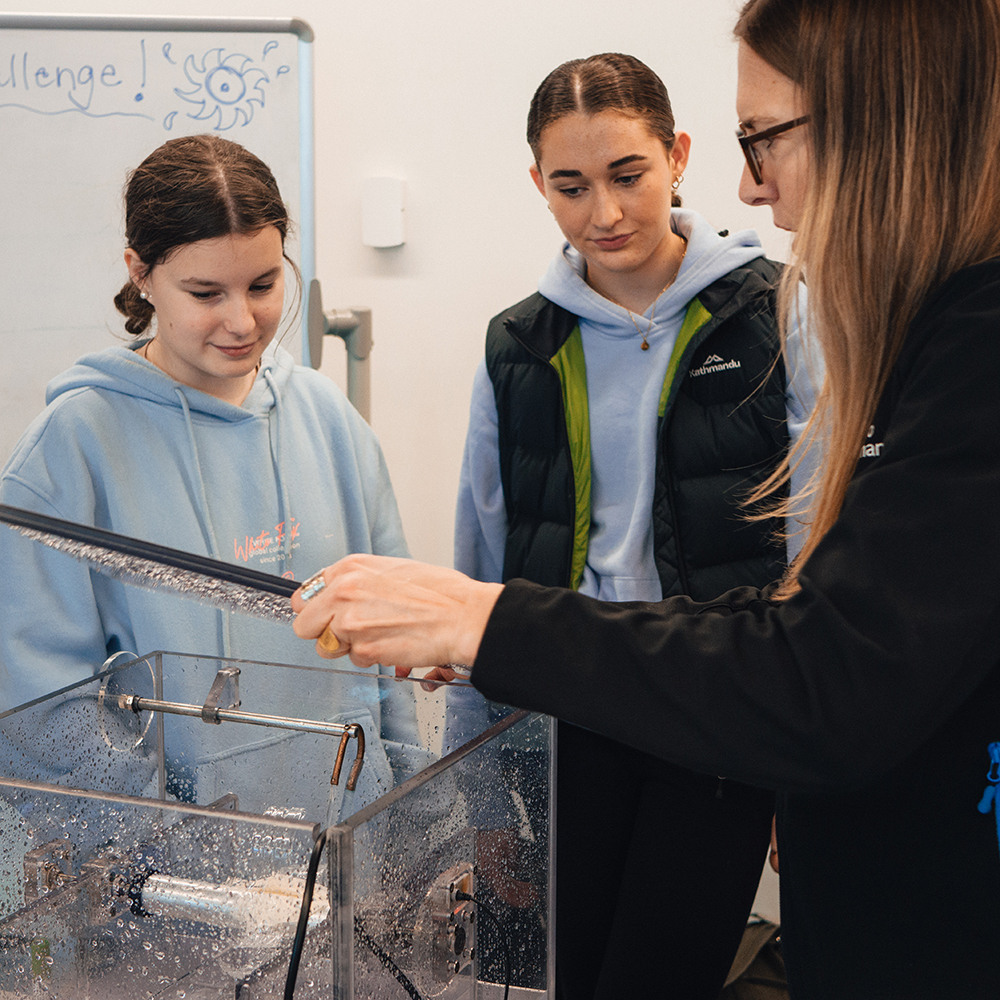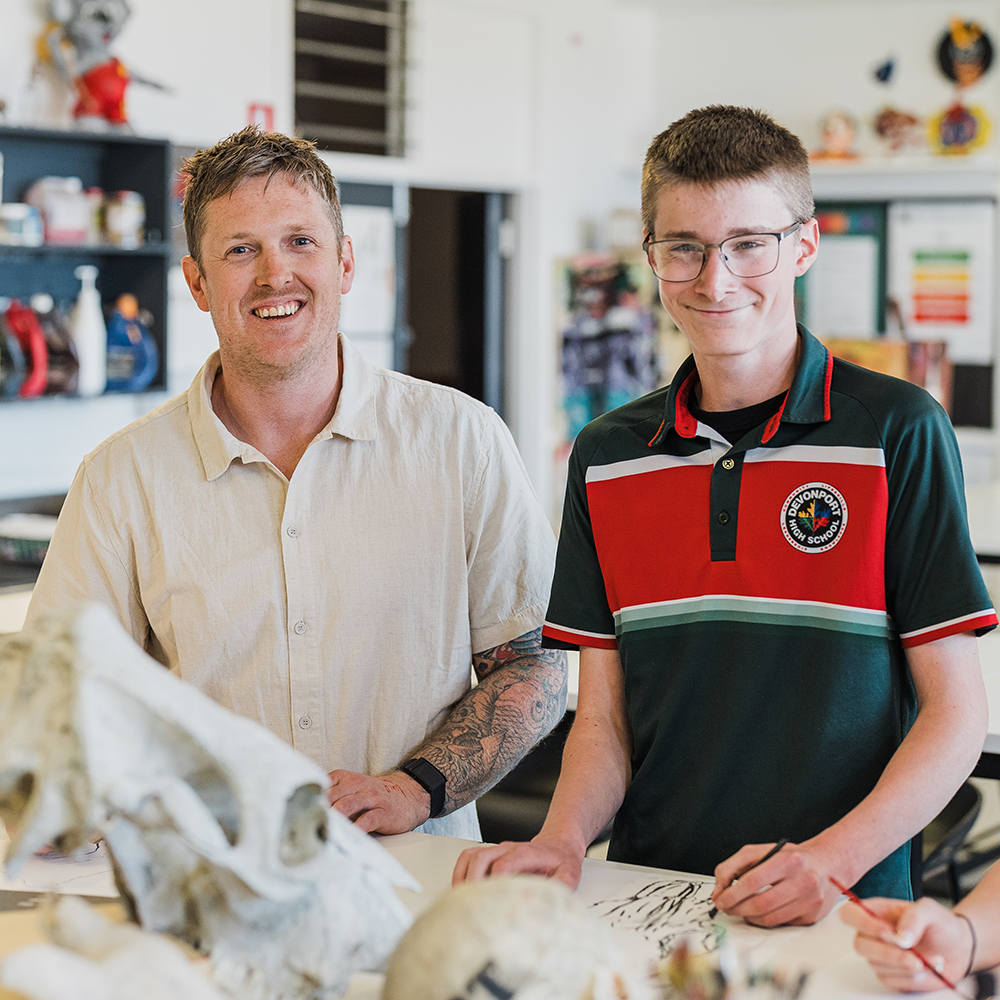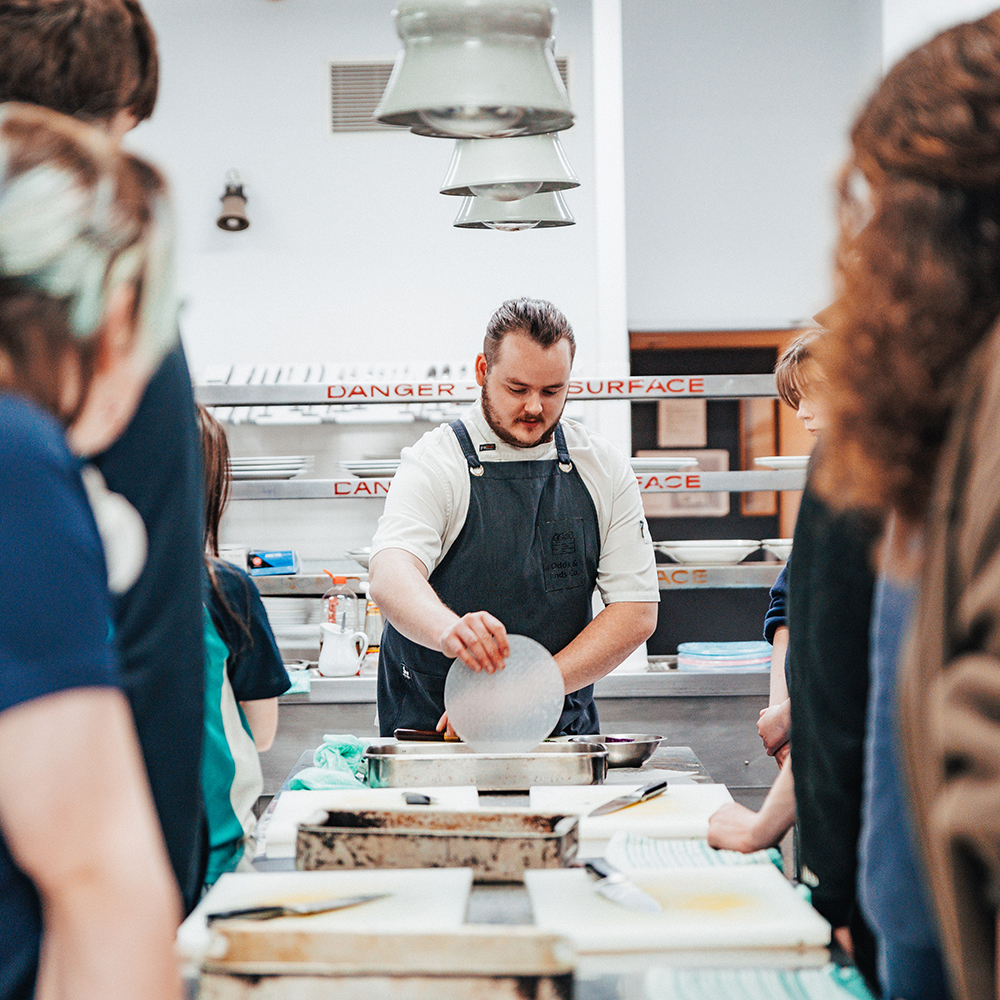
It’s time to take control of ‘your’ education
In Year 9, you’ll start to take more control of your education. You’re able to choose subjects you’re interested in. By trying these you’ll find out what you enjoy doing and what you’re good at.
Exploring your skills and interests often gives you heaps of clues as to what subjects you might like to choose in Years 10, 11 and 12. Better still, you can get ideas for what you might like to do after Year 12 and what your career path might look like.
Must Knows
Ok. You’ve made it through Years 1 to 8 (nice one!) It’s time to get serious for planning the amazing life that’s ahead of you.
Here’s some lingo you’ll need to be across
You’ll hear these acronyms a lot, try and get a handle on them now.
The Tasmanian Certificate of Education (TCE)
The TCE is the qualification you’ll get in Years 11 and 12 when you finish school in Tassie. Check out the TCE explainer video
The Tasmanian Certificate of Educational Achievement (TCEA)
The TCEA is a certificate you can achieve if you’re unable to get the TCE qualification. You’ll find heaps of useful info on the TCEA by watching the TCEA explainer video
The Australian Tertiary Admission Rank (ATAR)
This is a ranking system to help you get into uni. The better your ranking, the more uni options you’ll have. Check out the ATAR explainer video
Vocational Education and Training (VET)
This is nothing to do with being a vet! It’s a type of learning that is very much ‘hands on’ with an industry focus. Find out more with the VET explainer video
What are the career pathway options and support for young people with disabilities?
Deciding on a career path in high school is a serious challenge for any student. It’s exactly the same for students who may have a disability – why wouldn’t it be? Perhaps you have no idea what you’d like to do after you leave school. Or you might be having doubts about yourself and how your disability will affect your employment, and that’s ok. Just remember, the sooner you start thinking about your career options, and the pathways that can help you get there, the better. Let’s get started!
What support and resources are available for Aboriginal and Torres Strait Islander students?
If you’re an Aboriginal or Torres Strait Islander student moving from Year 10 into Year 11 and 12 or other pathways, we’ve collected some information to help you explore your options or support the path you’re on. waranta tapilti – let’s go!
Thinking of doing any training courses? You’ll need a USI number
USI stands for ‘Unique Student Identifier’. It’s a reference number you’ll need if you end up doing any training courses in the future i.e. like First Aid, Responsible Service of Alcohol, Barista or any VET course. Find out how they work and how to get a USI number
When you get a job you’ll need to get a tax file number
If you want a casual job then you’ll need to pay tax to the government on what you earn (sorry ‘bout that). This means you’ll need your very own tax file number (TFN) which is like a reference number so they can tax you. Get some useful info on what a tax file number is.
Want to earn while you learn? Find out about apprenticeships and traineeships
Apprenticeships and traineeships are training opportunities with an employer. They could last between 12 months to 4 years with an employer. Apprenticeships tend to cover skilled trades i.e. plumbers, electricians, carpenters, etcetera. A traineeship can cover a broader range of occupations i.e. office administration, IT, retail. They’re run either part-time or full-time. Find out more about apprenticeships and traineeships.
Interested in doing school a few days and work a few days a week?
There are some apprenticeships and traineeships options where you spend a few days at school, a few days employed and training during the week. It might be an option for you in Years 10 or 11. Find out how Australian School based Apprenticeships are the smart way to ‘earn and learn’.

Must Do’s
Some super important ‘must do’, no excuses stuff to do in Year 9

Check out what Year 10 subjects are available
Will you continue the electives you chose this year in Year 10? Do you want to mix things up and try some others? The subjects you choose next year will give you the skills to create opportunities in the future. Check out your school course guide on Year 10 subjects.
Use your interests to help with subject selection
Knowing what your interests are can help you figure out what electives to choose. Not too sure what your interests are? Read the How do I know my interests article to help
Tap into your skills to figure out which subjects to do
Look for subjects that are a good fit with your skills (don’t underestimate yourself, you’ve got plenty of skills). To find out what your skills are read about how your favourite activities can turn into a favourite course or occupation.
Start Exploring
Have some fun exploring occupation and course ideas you have. And see if they fit with your skills and passions.
Get along to plenty of work exposure events
Attend as many ‘work exposure’ events as possible. It’ll be great for a taste of what you can expect in a chosen job, industry or course. A bit like a ‘try before you buy’, these events help you test any ideas you have, so keep an open mind. Chances are you might discover something that is bang on for you (and if not, then keep trying). Find out more on work exposure events. To see what’s coming up in the next few months in Tassie check out our calendar of events.
Dip your toes in the water with work experience
Try doing work experience to learn what an occupation, industry or business is like to work in. Hopefully it ticks all the right boxes, but if not, then it’s better to find out sooner rather than later. Chat to a teacher or career advisor to find out how this can be arranged.
Want to earn while you learn? Find out about apprenticeships and traineeships
Find out what apprenticeships and traineeships are. You can do them during school or after Year 12, or it could be an option to do whilst working towards your ATAR. Read up on apprenticeships and traineeships.
Thinking about further education after Year 12 (like uni or TAFE?)
Start thinking about which courses you want to study and what’s required to enrol. Work backwards and figure out which courses you’ll need to study in Years 11 and 12 to get into those uni and TAFE courses. You can even look at which subjects you can do in Year 10 that will help with those Year 11 and 12 subjects you’ll need to do. It sounds confusing, but it’s just a process. Visit UTAS courses, visit TasTAFE courses and then delve into the Year 11 and 12 Course Guide.

Get job ready
You can develop skills today for jobs tomorrow, and while you’re at it, have some fun along the way.

Give back to your community and volunteer
Volunteering is a top way to give something positive to your local community. It’s a good opportunity for you to see what different workplaces and jobs are like. You can develop new skills and meet new people too. And it looks pretty impressive on your CV just quietly.
- See what sort of opportunities there are at Volunteering Tasmania.
- Choose organisations that align with your values. Not sure what your values are? Read this article about values.
How to go about applying for casual jobs
You’re now at an age where you can find all sorts of casual jobs and earn some money after school. So keep your eyes open, ask around, and get ready to earn some moolah! To help you land a casual job see these handy guides on how to write a CV and what to say in a cover letter.
Could you be a leader? Here’s the perfect way to find out
Give a leadership or peer mentor program role at school a go. It can be a great way to develop skills that employers value. These skills can include:
- working as part of a team,
- public speaking,
- organisation skills,
- supporting people and
- how to deal with conflict.
Talk to the existing leadership team to see if it’s something for you.
Key takeaway
Use this year to try all sorts of stuff. This will help you to discover what your interests, passions, skills and values really are.
